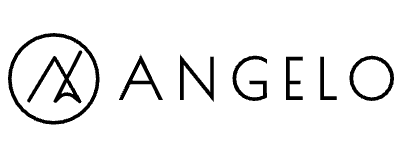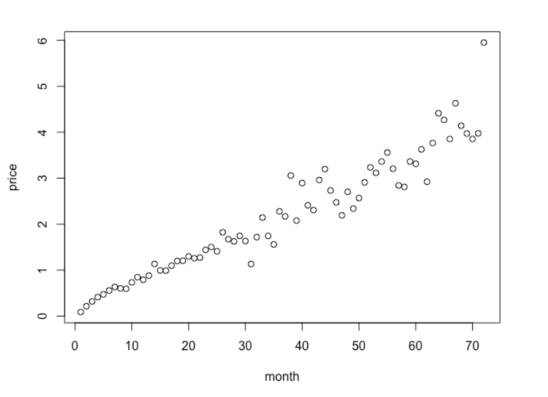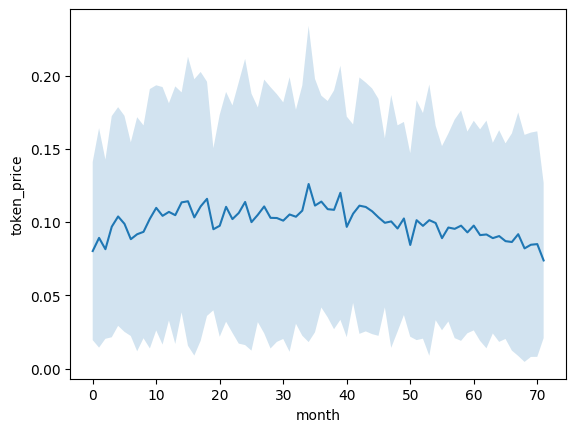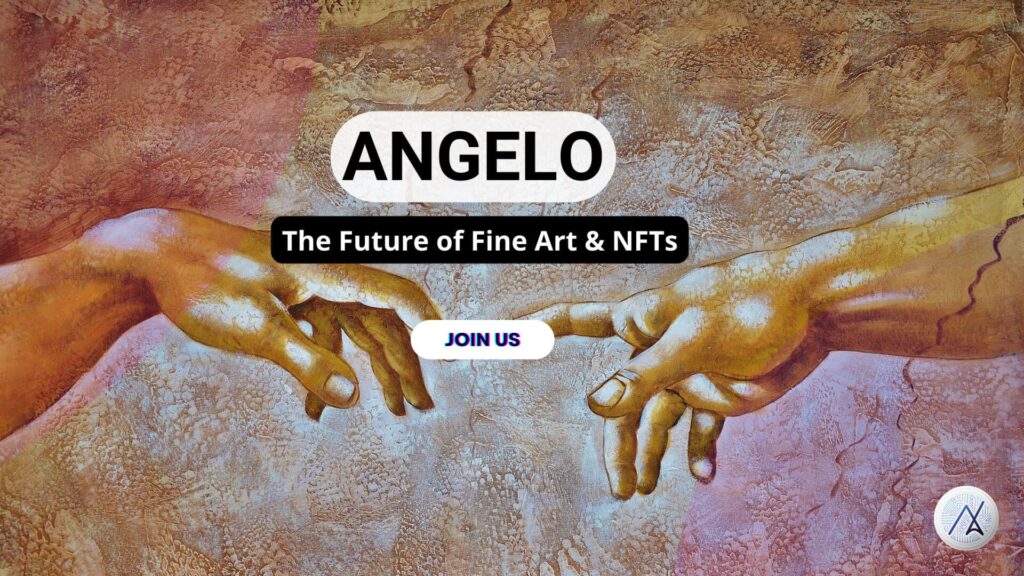Tokenomics auditing
Tokenomics auditing is the process of evaluating the economic design of a token, such as a cryptocurrency or utility token, to ensure that it aligns with the goals of the project and incentivizes desired behavior among its holders. This can include analyzing the token’s supply and distribution, as well as its use cases and potential value drivers. An audit can help identify potential issues or inefficiencies in the tokenomics design, and suggest ways to improve it.
In today’s post we will discuss the tokenomics auditing of Angelo. You can find the full audit here.
Auditing token economies for fractionalised art

Angelo is defined as the “fine art marketplace for the new generation”. In their words:
Angelo is building an ecosystem and community designed to bring Art investing to the people. We are empowering artists, Art lovers, and investors through the power of Web3.
It allows its users to trade physical fine art assets to using NFT’s.
Angelo also contains a curator economy, where expert curators compete against each other in choosing the best artwork.
Auditing Angelo’s economy involves many different parts:
- Auditing existing numbers
- Simulating the financial projections and performing stress tests. This is something that The Data Scientist team used our new package TokenLab for.
- Improve the reward structure for the curator economy.
We also had the opportunity to use our new auditing framework, previously used for the audit of Algem. This auditing framework breaks down a token economy into different parts, such as structure, incentives, etc. and tries to understand whether there are any parts which leave the token economy exposed to issues like feedback loops (as it can often be seen in defi), or external shocks, as it happened with Terra/Luna.
Results
Using TokenLab we were able to simulate the results of different financial projections, in order to identify whether the price is going to go up or down.

Example of price appreciation from a single simulation run.
TokenLab allows great flexibility in the assumptions that you can build around a token economy. It allows for options such as:
- Stochastic holding time
- Noise in the demand function
- More adaptive versions of the equation of exchange for pricing. E.g. we can add an anchoring effect that doesn’t let the price deviate too much from the previous price, or add random noise.
We also made improvements to Angelo’s token economy, more specifically the way curator rewards are calculated.

Finally, the tokenomics auditing questionnaire was used in order to rate Angelo’s token economy. The final rating, after the improvements, for Angelo was AAA. This score was given because Angelo does not suffer from any tokenomics risks. The only risks that the project is facing are related to external business factors, such as its marketing and product market fit.
Therefore, given that the project already has a healthy user base (and is most likely going to grow over time!), it is difficult to see the token economy imploding.
You can find the full audit here.
Are you interested in tokenomics auditing?
Tokenomics auditing can be an important service for projects that are creating or issuing tokens, as it can help ensure that their tokenomics design is sound and aligns with their goals. It can also provide assurance to potential investors and users of the token that the project has been thoroughly vetted.
The best way to audit token economies is to use an established framework, accompanied by simulations, which can stress test your system. This is one of the things that The Data Scientist team specialises in.
If you want to know more about our services in this area, make sure to get in touch. We’d be more than happy to help you!

